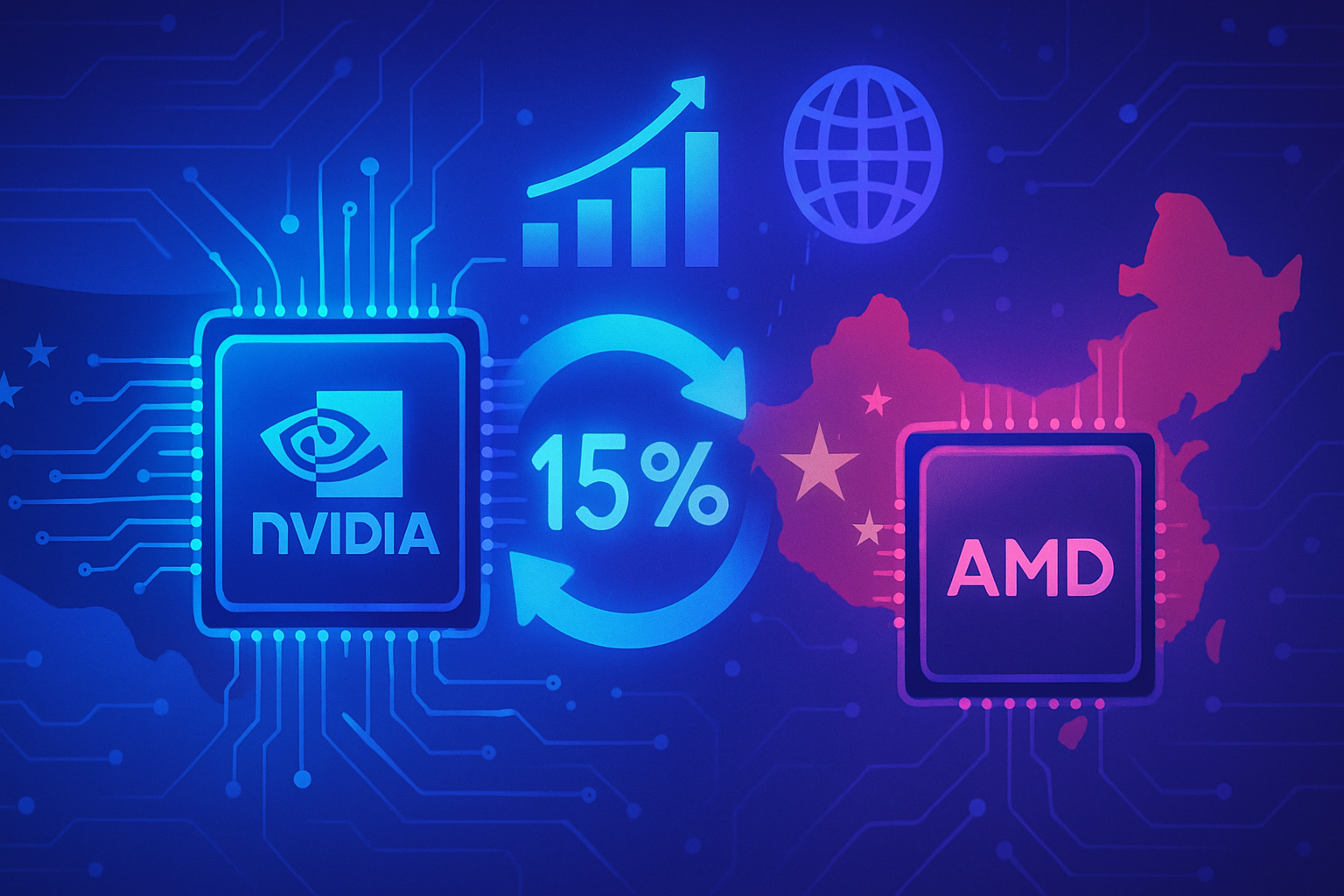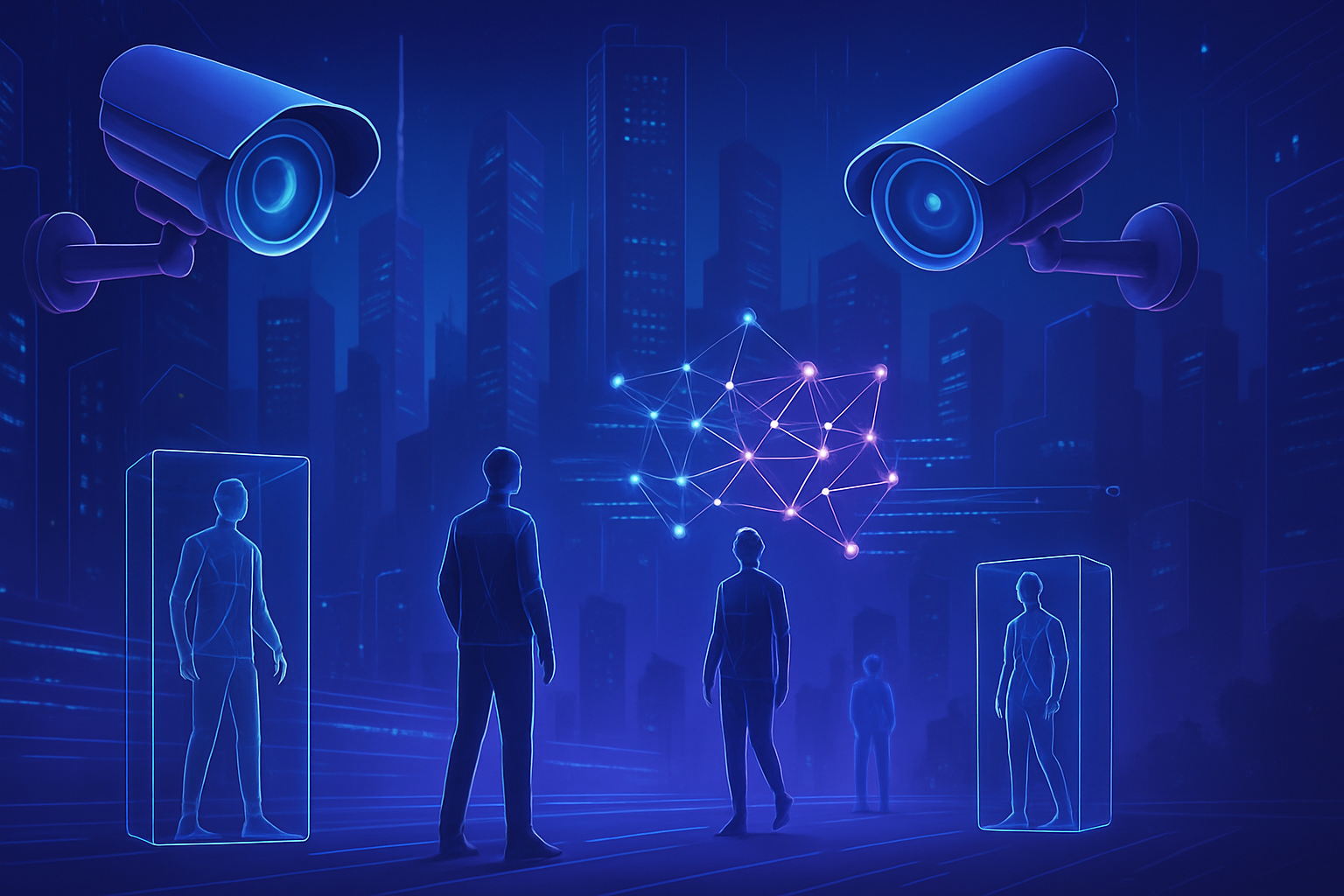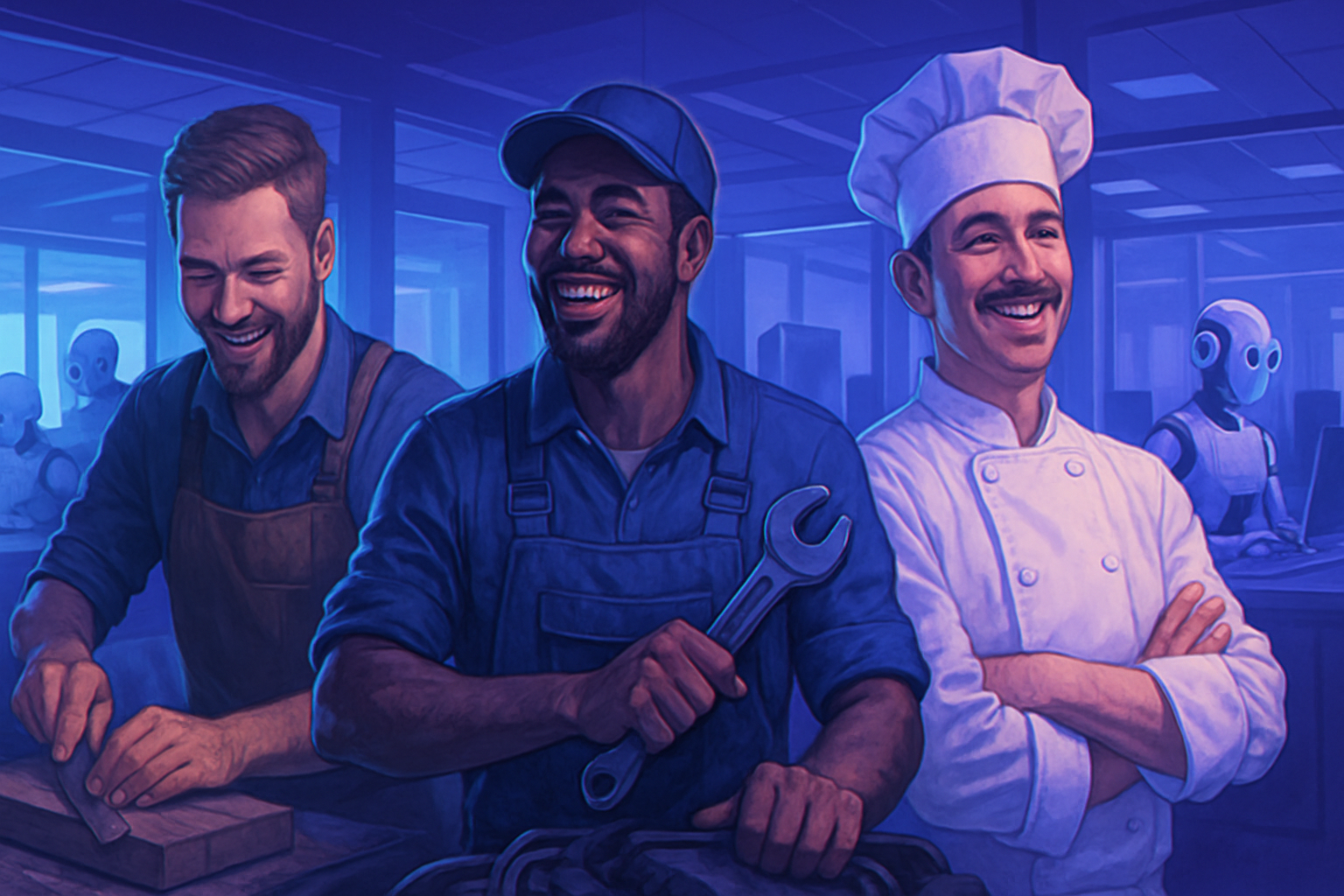The productivity paradox questions our relationship with daily activity. How can the frenzy of tasks obscure the real impact of our work? The frantic pursuit of occupations, stifling the very essence of _authentic creativity_, transforms urgency into norm. Few workers dedicate their time to meaningful strategic goals.
The illusion of primary occupation privileged in our professional culture leads to an obliteration of essential interactions. The *lack of space for reflection*, such is the troubling reality. Precious hours are squandered in agitation without measurable value. Understanding this phenomenon appears indispensable to unleash the true impact of work.
The paradox of modern productivity
The world of work faces a paradoxical phenomenon: the more individuals are engaged in performing tasks, the less real value they produce. This reality emerges in a context where the introduction of AI can no longer reduce productivity to the mere intensity of activities.
An illusory agitation
In professional daily life, many workers simultaneously open several tabs, respond to messages during meetings, or engage in a succession of micro-tasks. This form of fragmented work often fades behind a façade of productivity. Yet, this constant agitation conceals a lack of availability to accomplish meaningful work.
Revealing figures
A study conducted in May 2025 surveyed more than 1,000 workers and drew alarming conclusions. Less than half of employees (46%) feel they have enough time for creative or strategic tasks. More alarmingly, 22% of them spend between 6 and 10 hours weekly on repetitive and administrative tasks, such as managing emails or creating reports.
The disconnect between work done and the desire to accomplish
This study highlights a deleterious gap between the tasks performed and those that employees would like to undertake. Nearly 40% of participants claim that mentoring, learning, and feedback nourish their sense of productivity. Unfortunately, these essential elements are often relegated to the background, making way for visible urgencies.
A declining creativity
One third of the professionals surveyed feel less creative than before. At the same time, 43% of them spend less than five hours a week in strategic meetings. This reduces the very core of intellectual work — thinking, deciding, and innovating — in favor of superficial tasks.
AI: a tool for reclaiming time
Could task automation bring about a beneficial change? Solutions exist, provided they are wisely implemented. A study conducted at Dropbox shows that 96% of employees benefit from AI for activities such as information retrieval or writing. On average, AI allows them to save nearly eight hours a week, equivalent to a reassigned workday.
Redirecting the freed-up time
The reclaimed time must be directed towards analysis, reflection, and taking a step back. The goal lies less in performing a greater number of tasks, but rather in valuing those that create real impact. This change requires modifying our approach to measuring productivity.
A culture focused on activity
The excessive valorization of visible and measurable tasks generates a degrading work culture. Performance indicators such as the number of emails sent or the occupancy rate of the agenda overshadow more essential values. By quantifying the unquantifiable, the essential fades away.
Moments of exchange and reflection
Moments of in-depth discussion, careful review, or informal exchanges prove decisive. It is these suspended times that foster the emergence of value. True productivity is not reduced to displayed figures, but crystallizes in the quality of interactions and informed decision-making.
Facing a choice of direction
It is important to refocus professional priorities. An optimized work dynamic does not imply reducing the volume of tasks, but rather avoiding superfluous tasks. Shedding superficial contingencies allows for a return to meaning, clarity, and lasting impact.
The role of AI in this transformation
The adoption of AI presents itself as a priority for many companies. Studies indicate its decisive role in fostering a thriving corporate culture. With such tools available, it becomes possible to improve document management and refocus employees on meaningful tasks.
Frequently Asked Questions
What is the mirage of productivity?
The mirage of productivity refers to the situation where a person or organization appears to be very busy and active, but ultimately does not deliver genuine added value or significant impact in their work.
How can excessive activity mask a lack of effectiveness?
Excessive activity, such as opening multiple tabs or responding to messages during meetings, can create an illusion of productivity, but often leads to a dispersion of efforts and a decrease in actual efficiency to accomplish important tasks.
What are the signs of poorly oriented productivity in the professional environment?
Signs include an overload of administrative tasks, low creativity, a lack of time for strategic reflection, and an increase in routine activities at the expense of innovation and decision-making.
How can AI help better manage time and tasks?
By integrating AI tools, employees can automate repetitive tasks, allowing them to free up time to focus on higher value-added activities, such as analysis and strategic reflection.
What types of activities should be valued to increase real impact at work?
Activities such as mentoring, constructive feedback, and in-depth discussions should be valued, as they are essential for learning, continuous improvement, and collaboration within teams.
Why is it important to reassess productivity criteria in companies?
It is crucial to reassess these criteria to focus on what really matters — tangible and significant results — rather than simply on indicators related to measurable activity, which may prove disappointing in terms of real impact.
How to identify low value-added tasks?
Low value-added tasks are often those that do not directly contribute to the strategic objectives of the organization or that do not require significant human intervention. Asking teams to identify them can help better manage their workload.
What strategies can help reduce agitation and increase meaning at work?
Adopting goal management methods, such as OKRs (Objectives and Key Results), and encouraging thoughtful discussions within the team, as well as moments of calm, can help reduce agitation and provide more meaning to accomplished tasks.
How to transform freed-up time into concrete added value?
It is essential to redirect the freed-up time towards activities of analysis, creativity, and collaboration, rather than filling this time with excessive or redundant tasks.






